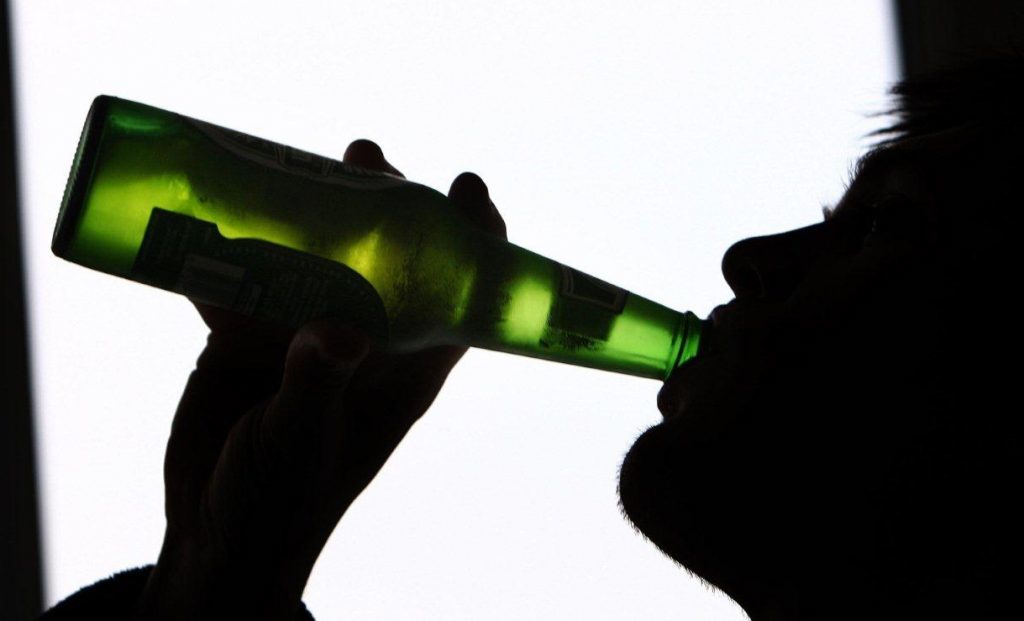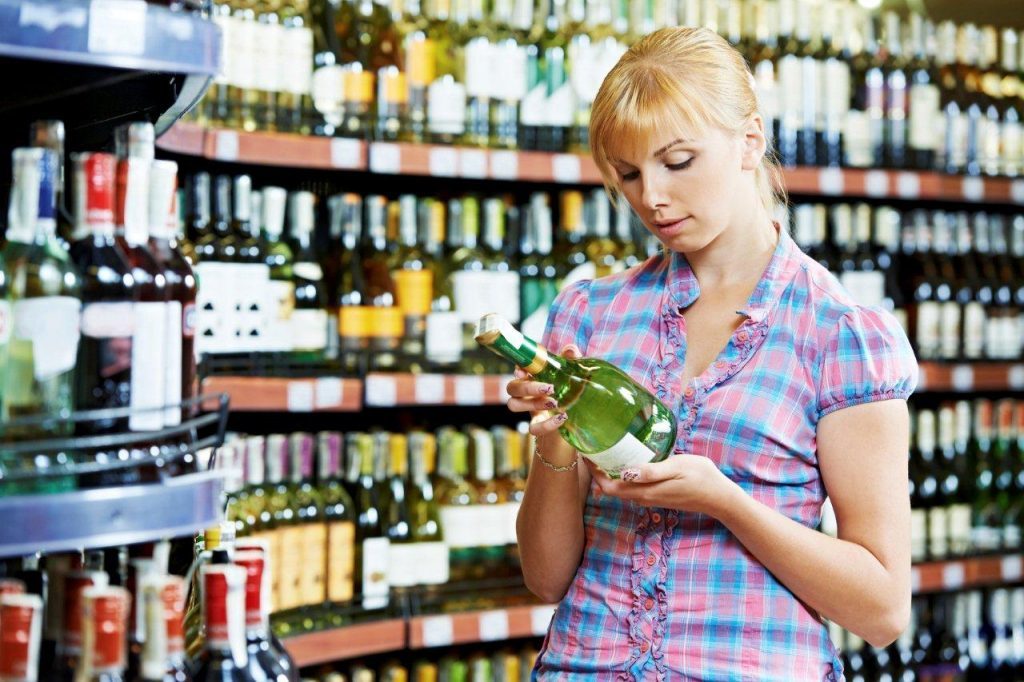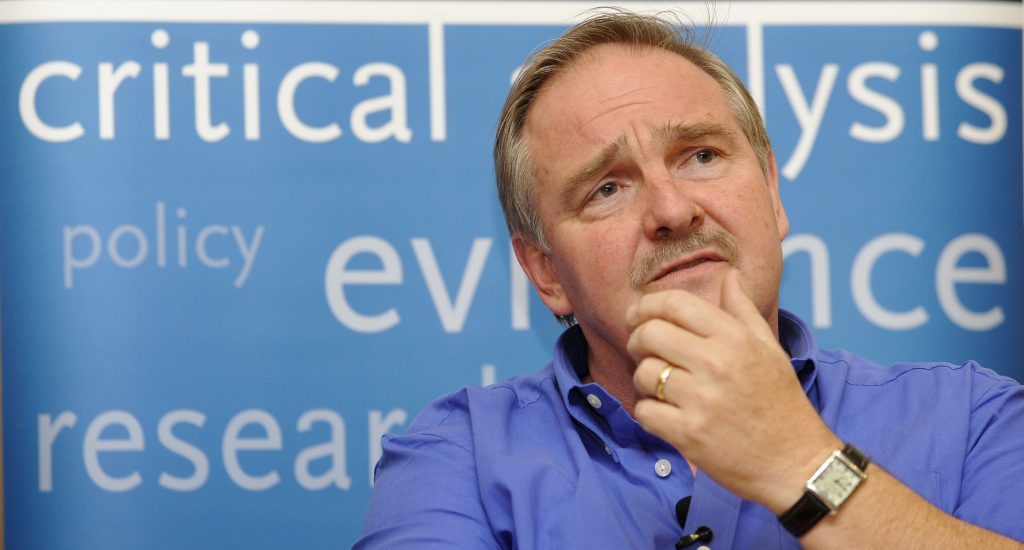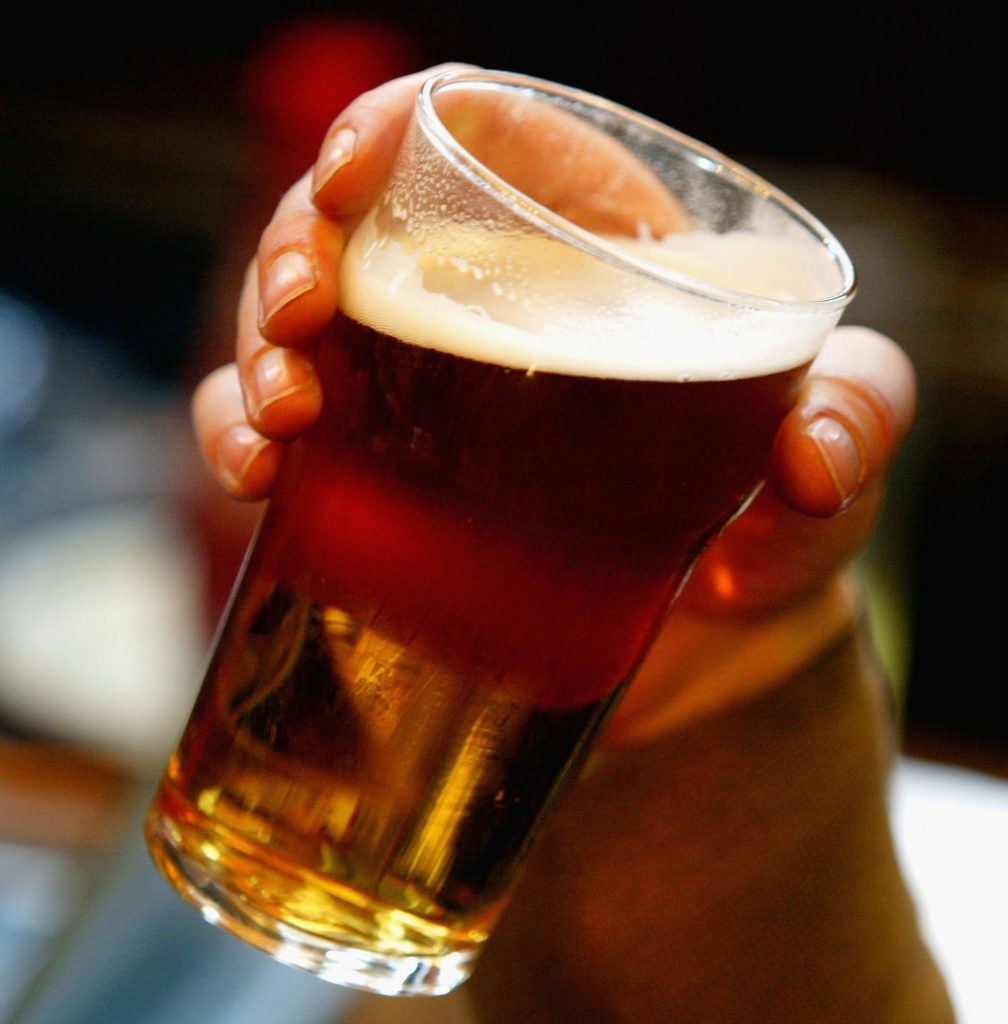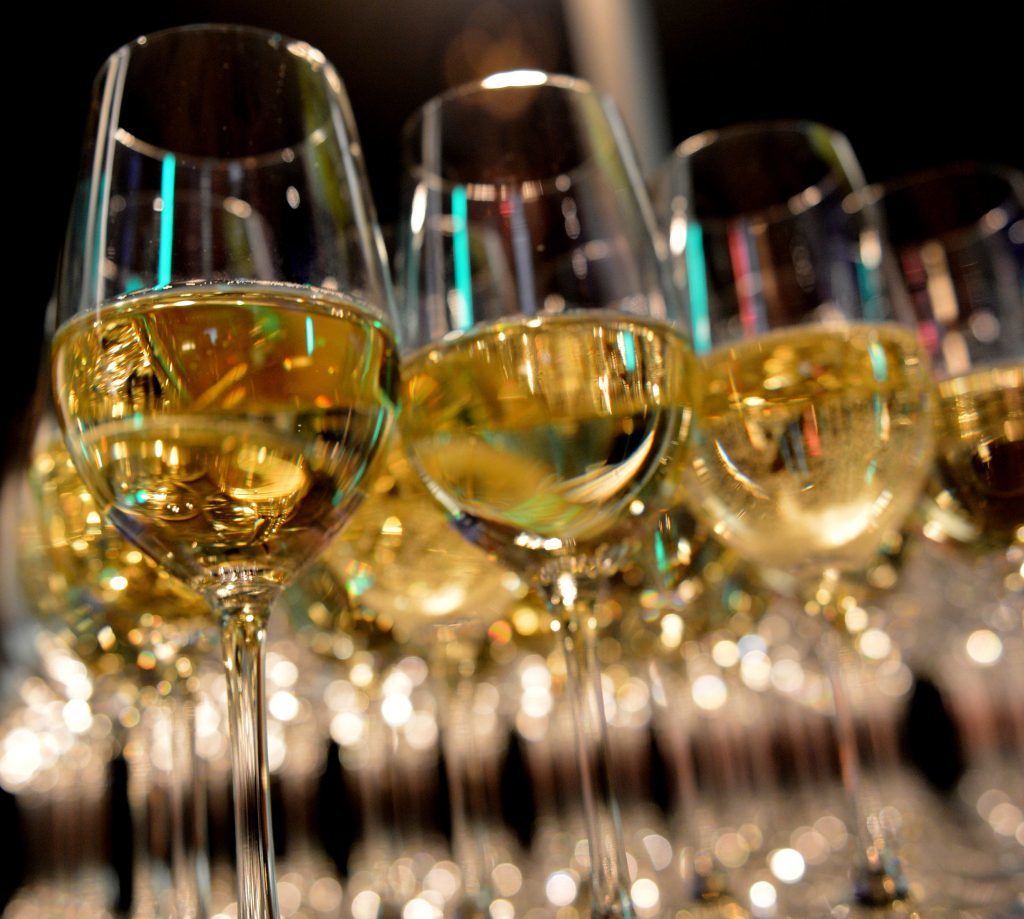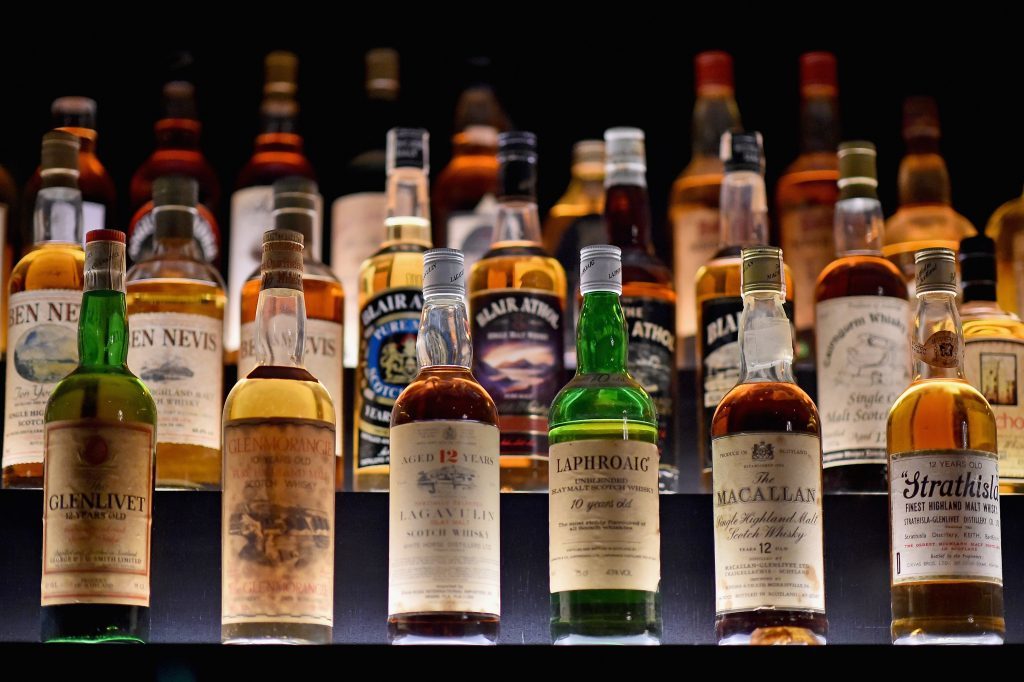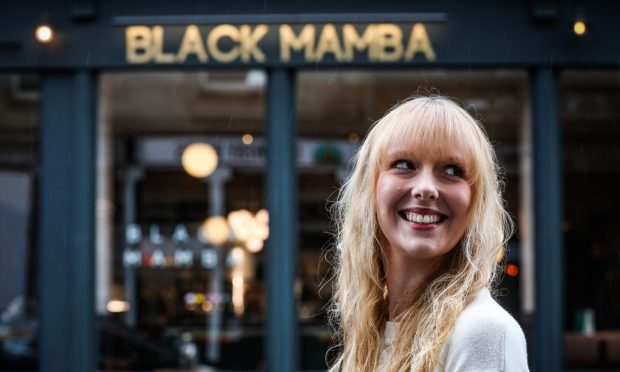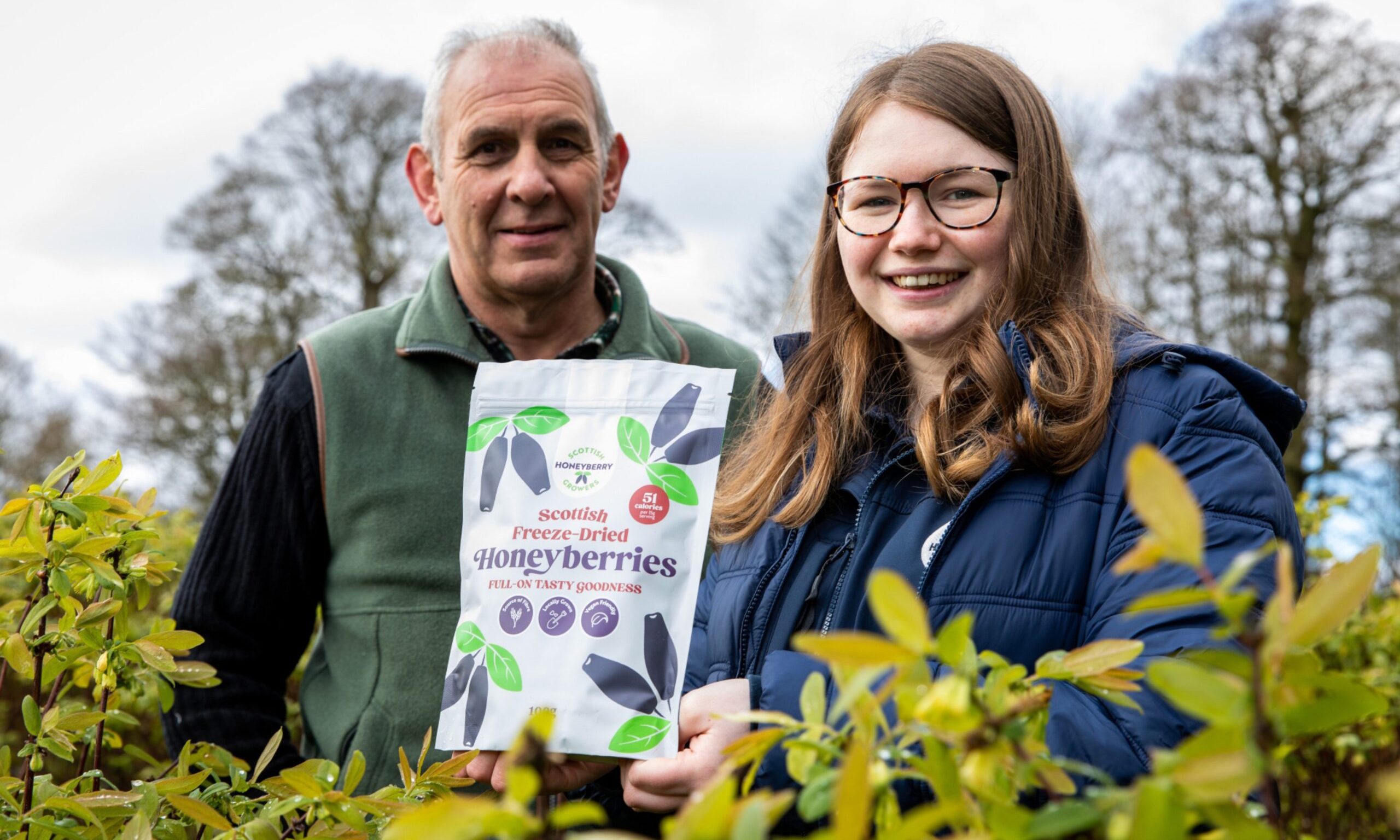Synthetic alcohol could help people quit booze in the same way e-cigarettes have cut smoking, a report claims. Michael Alexander investigates.
If you want to avoid a hangover then the best advice remains don’t drink, or at least do so in moderation.
If you must have a tipple (or five), then traditional hangover remedies include drinking plenty water, eating a hearty fried breakfast – or trying the controversial hair of the dog!
But now it’s being claimed that a new type of synthetic alcohol could allow people to enjoy the sociable effects of a few pints – but skip the dry mouth, nausea and throbbing head afterwards.
The yet to be released product, alcosynth, apparently gives the sensation of being tipsy but without the health complications, according to its creator Professor David Nutt.
The Imperial College professor and former government drugs advisor – who was famously fired by the British government in 2009 for proclaiming that horse-riding is more dangerous than ecstasy – hopes it could completely replace normal alcohol by 2050.
Experts say it could be up to 100 times safer than the real thing and could help people quit booze in the same way e-cigarettes have helped people quite smoking.
But not everyone is raising a glass to the suggestion.
Tom Johnston, chairman of the Fife Licensed Trade Association, questioned its value when he told The Courier: “We’ve all read about the latest gimmicks and wonder substances. The best solution is to drink responsibly, ideally in your local pub, having fun with friends and family.”
A similar view was taken by Neil Williams, from the British Beer and Pub Association, who said alcosynth was not necessary as “there are other ways of avoiding a hangover”.
He added:”There are plenty of low-strength drinks, particularly beers.
“We should all drink in moderation so we shouldn’t need to have a hangover anyway.”
A new report by leading think tank the Adam Smith Institute has accused health authorities of promoting abstinence rather than risk-reduction products like alcosynth that it says could save thousands more lives.
Sam Bowman, executive director of the Adam Smith Institute, said heavy-handed EU and government regulation was preventing such products from entering the market.
And the report – Sinnovation: How markets can solve public health problems – suggests that there could be scope for change when Brexit finally happens.
Mr Bowman said: “It’s innovation not regulation that got us e-cigarettes.
“They emerged and prospered in spite of regulation, proving to be the best way to get people to quit quickly that we know of.
“Other products like synthetic alcohol and reduced-risk tobacco products promise to repeat the success of e-cigs for new people, but only if we let them.”
The main cause of a hangover is ethanol – the alcohol in your drinks. It’s a toxic chemical that works in the body as a diuretic, which means it makes you pee more and you can become dehydrated as a result. Dehydration is one of the main causes of your hangover symptoms.
By researching and mimicking the way alcohol affects the brain, alcosynth was originally developed more than three years ago as a derivative of benzodiazepine – the same class of drugs as valium.
Professor Nutt says those trials have moved on and do not include the drug. He has now patented around 90 different alcosynth compounds, which would be added to alcohol in powder form.
Two of the trials are currently being advanced further.
“It will be there alongside the scotch and the gin, they’ll dispense the alcosynth into your cocktail and then you’ll have the pleasure without damaging your liver and your heart,” he told The Independent newspaper, predicting the complete mainstream use of alcosynth within 35 years.
According to Alcohol Concern, drinking is the third biggest risk factor for disease and death in the UK after smoking and obesity.
Alcohol is one of the most harmful drugs, pound for pound, due to its impacts on obesity, violent crime, overall health, life expectancy, and economic productivity.
It ranks among the top five causes of death in all EU nations, and the Government cites it as the leading cause of premature death in men aged 16 to 54 in the UK.
It’s linked with liver disease, a dozen forms of cancer, elevated blood pressure, strokes, heart attacks, increased risk of dementia, car crashes, domestic abuse and crime.
However it’s achieved, it’s certainly worth raising a glass to a reduction in those stats.
